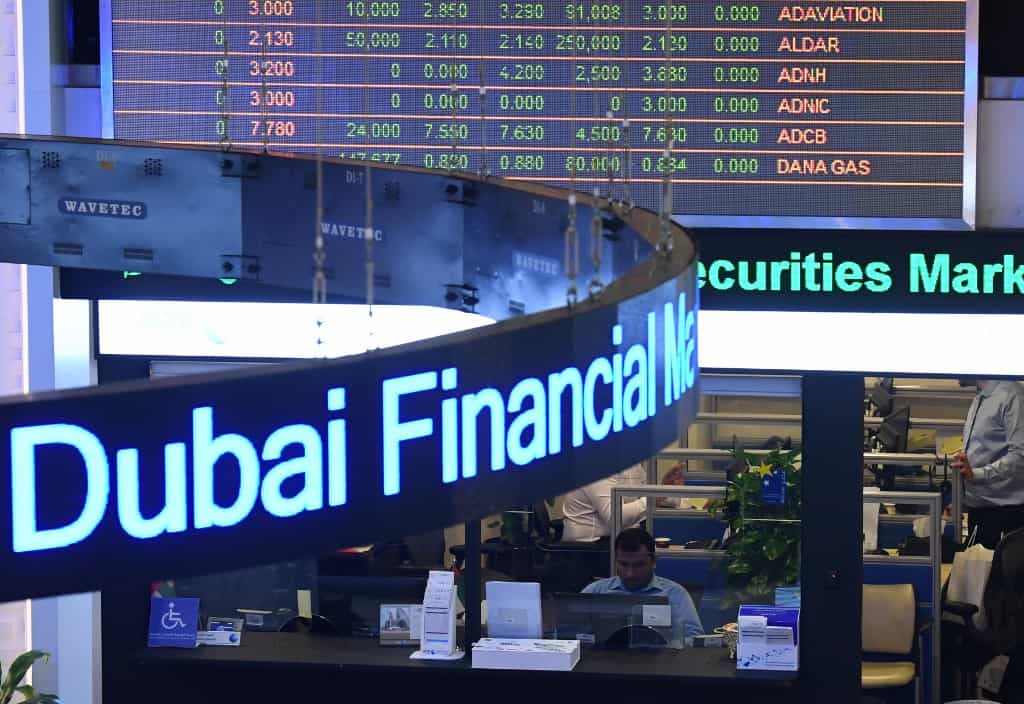Major financial markets across the Middle-East were spared the global bloodbath on Friday, November 26, when their counterparts from across the world saw major downturn.
The global markets closed their week on Friday with big losses, having been spooked by news of a new variant of the novel coronavirus that surfaced in South Africa, but has since been detected in Hong Kong and Israel.
However, the Middle-East markets were spared the dip because the weekend in these countries are traditionally observed on Friday and Saturday for religious reasons.
Markets like the Saudi Tadawul and the UAE’s Dubai Financial Market (DFM) and Abu Dhabi Stock Exchange (ADX) are expected to open on Sunday, and that is when the global ripple effects from Friday may hit.
The ME markets may not have the benefit like a dampener on global sentiments because Saturday is a non-working day for markets both in the region and across the world.
The markets have already seen a week full of ups and downs, but Sunday may be a whole new ballgame for a variety of reasons.
The virus factor
One factor that is sure to affect the markets is that the World Health Organization has declared the new strain — which it has named Omicron after the 15th letter of the Greek alphabet — a variant of concern.
The new variant’s spike protein, which most vaccines across the world target, has reportedly mutated 50 times.
This could dent the efficacy of most Covid-19 vaccines across the world, a seemingly likely given reports of double-immunized individuals in South Africa’s neighbor Botswana already reporting that they have been infected by the new strain.
The variant, officially reported to the world on November 24 but first detected in a sample collected on November 9, has also since then been found in people in Israel, Hong Kong and Belgium.
As a result, governments across the are already stopping international travel from not just South Africa but southern African nations like Namibia, Botswana, Zimbabwe, Mozambique, Lesotho, and Eswatini.
The oil-y slope
And this is expected to pile onto the problems that are already aplenty due to rising oil prices and the steps taken to mitigate them.
Crude oil prices across the globe were hovering around $80 per barrel up until earlier this week when US President Joe Biden said his country would release 50 million barrels from its reserve.
With US demand curbed to quite an extent, oil prices across the world would have been expected to take a cue and slide down.
However, with the Covid-19-fueled travel bans returning, oil demand is expected to go down further, bringing down prices with them.








